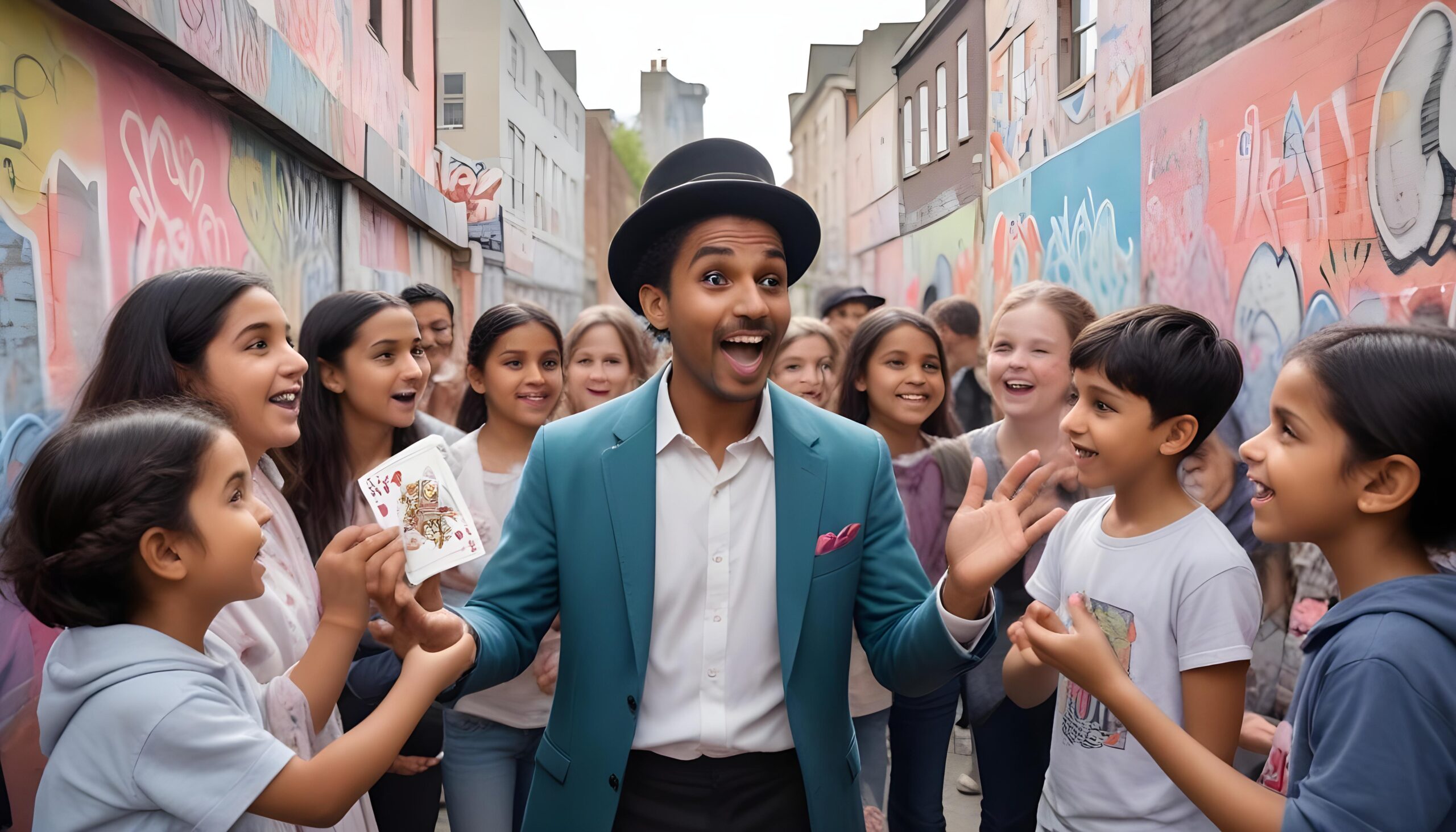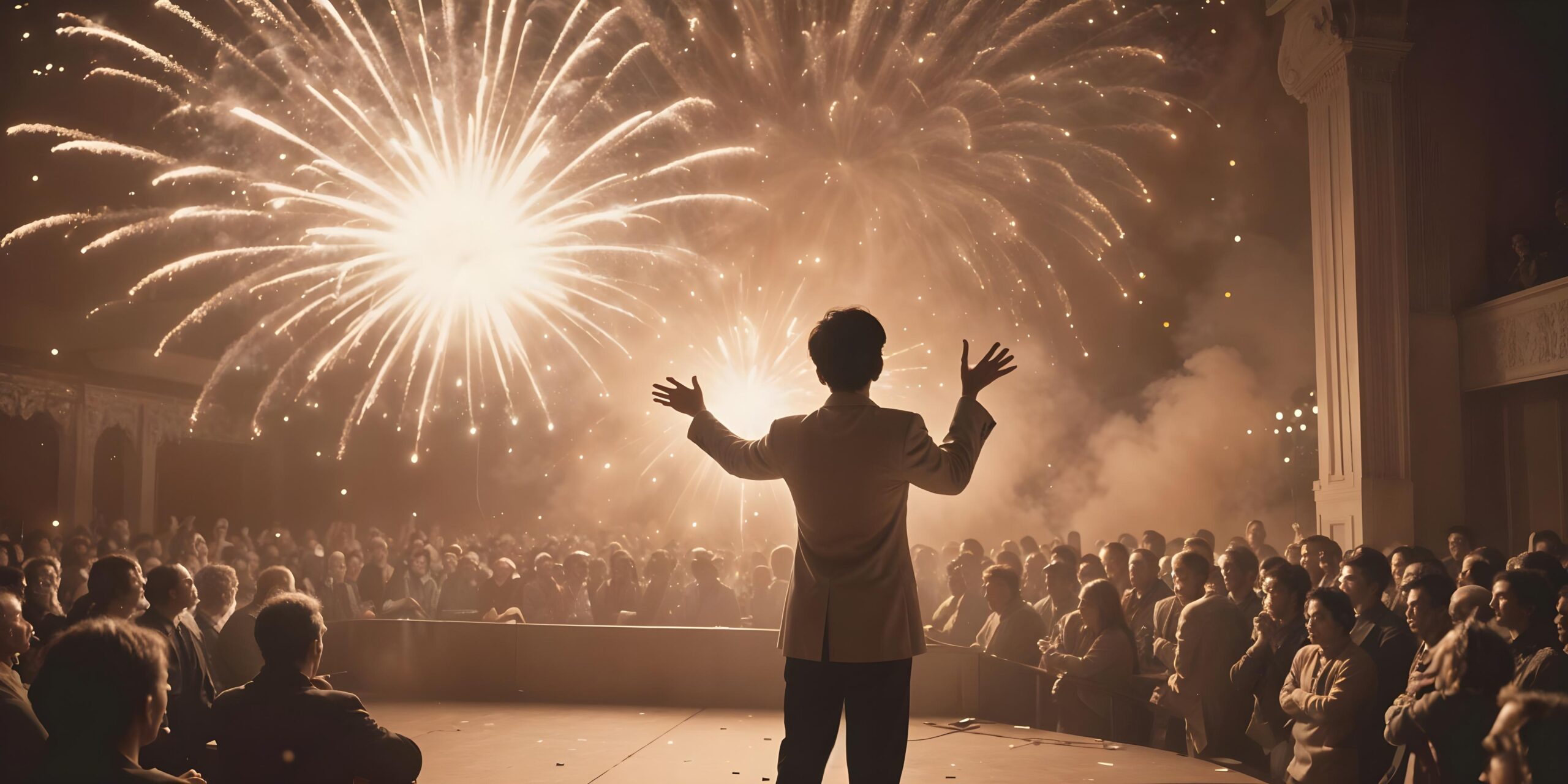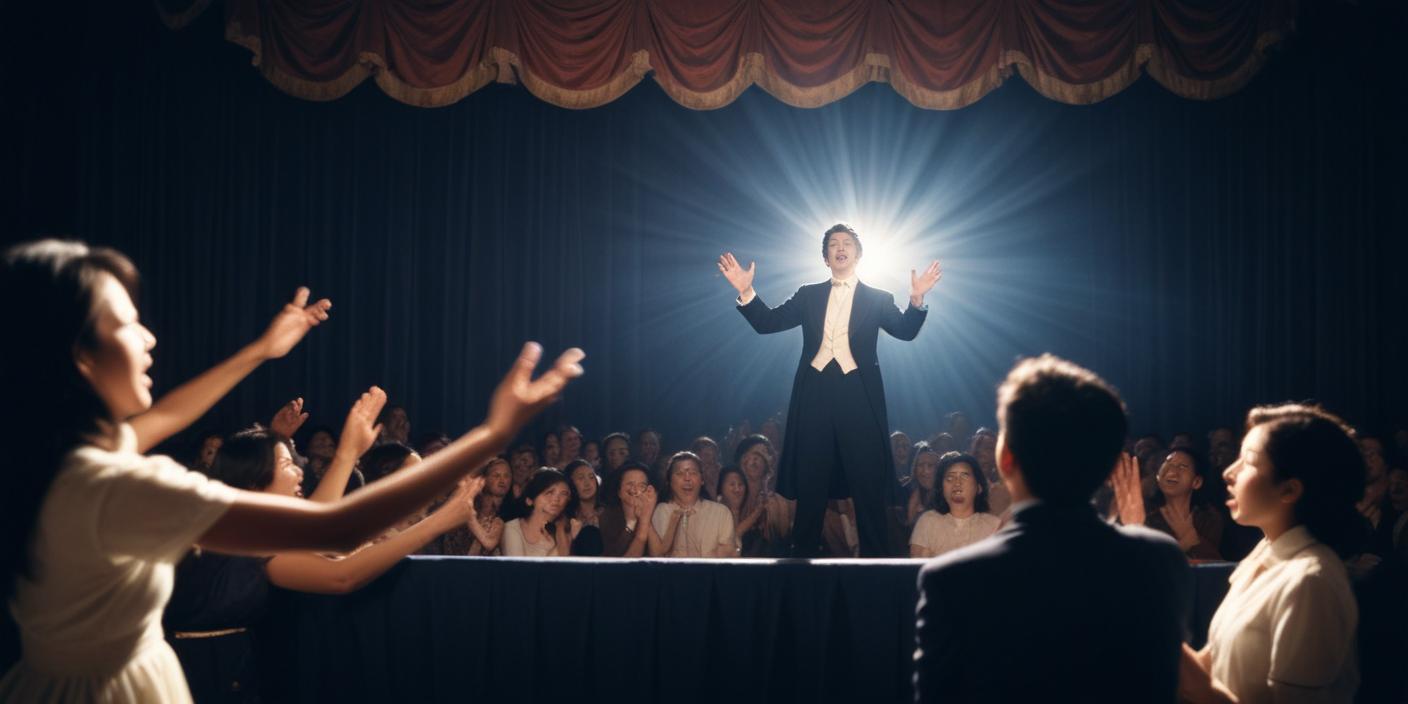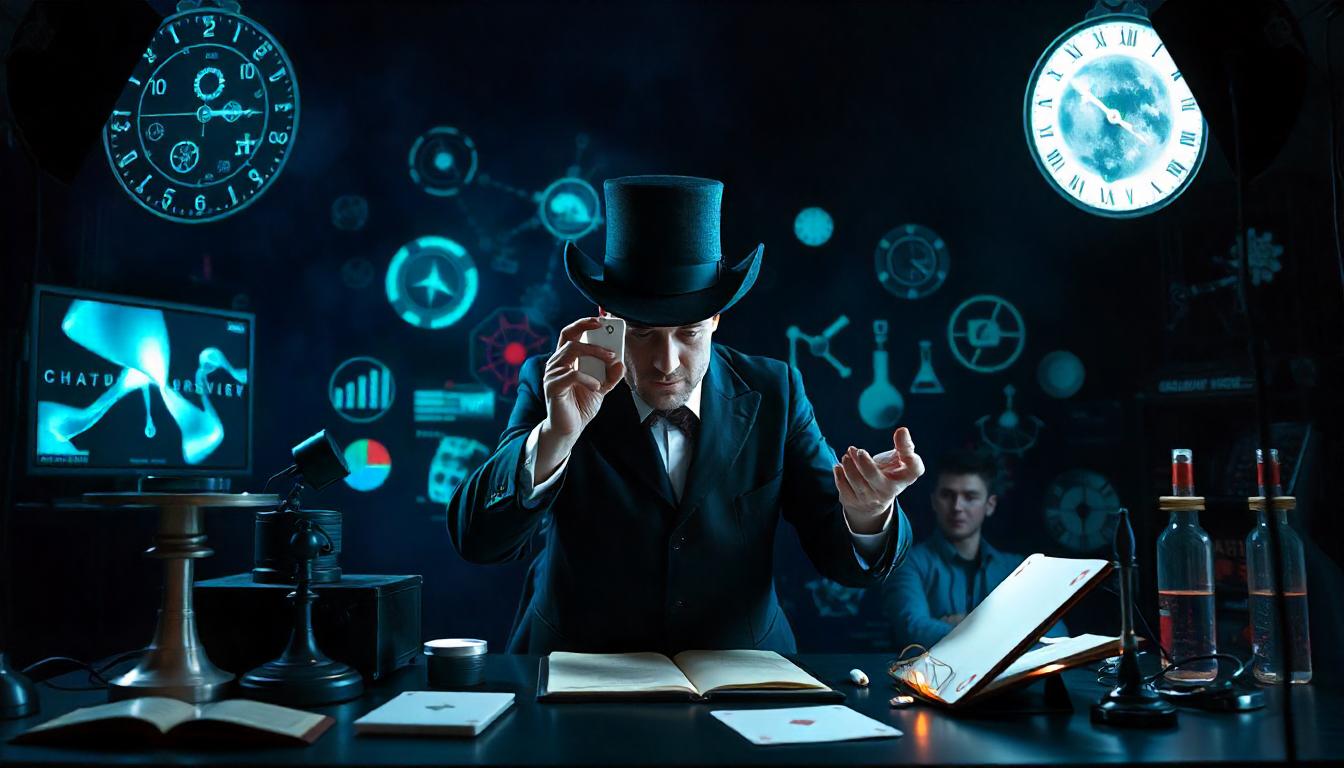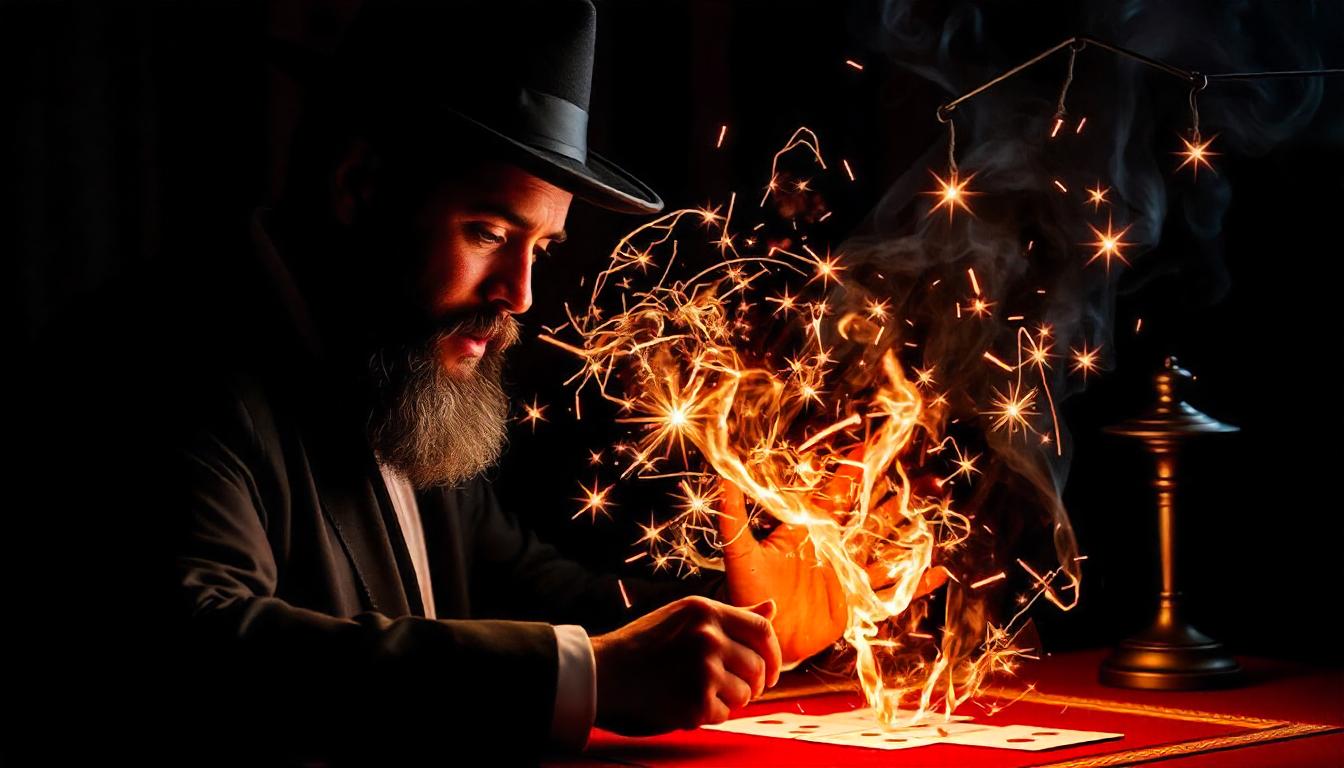Magic is more than just tricks and sleight of hand. It’s about creating an experience that leaves your audience breathless. The secret to truly astonishing your audience lies in understanding the psychology behind magic. Let’s dive into the mind of the magician.
The Power of Expectation The human brain is a prediction machine. We constantly anticipate what will happen next. A magician’s job is to manipulate these expectations. By creating a sense of anticipation and then defying it, you can create a powerful illusion.
- Misdirection: This classic magic technique involves drawing attention away from one thing to conceal another. It’s about controlling your audience’s focus.
- Pacing: The rhythm of your performance is crucial. Build suspense, create moments of surprise, and then allow for laughter or applause.
The Role of Emotion Magic is an emotional experience. It can evoke wonder, laughter, fear, or even disbelief. By understanding these emotions, you can craft performances that resonate deeply with your audience.
- Storytelling: Every magic trick is a story. Give your audience characters, a plot, and a climax.
- Empathy: Connect with your audience on an emotional level. Let them feel what you feel.
The Importance of Showmanship A great magician is also a great performer. Your stage presence, charisma, and confidence are just as important as your technical skills.
- Body Language: Your body speaks volumes. Use it to enhance your performance.
- Character Development: Create a unique stage persona that your audience will remember.
By mastering the psychology of magic, you can elevate your performances to new heights. Remember, the best magic tricks are those that not only amaze but also leave a lasting impression.
Would you like to explore a specific psychological principle in more depth?











